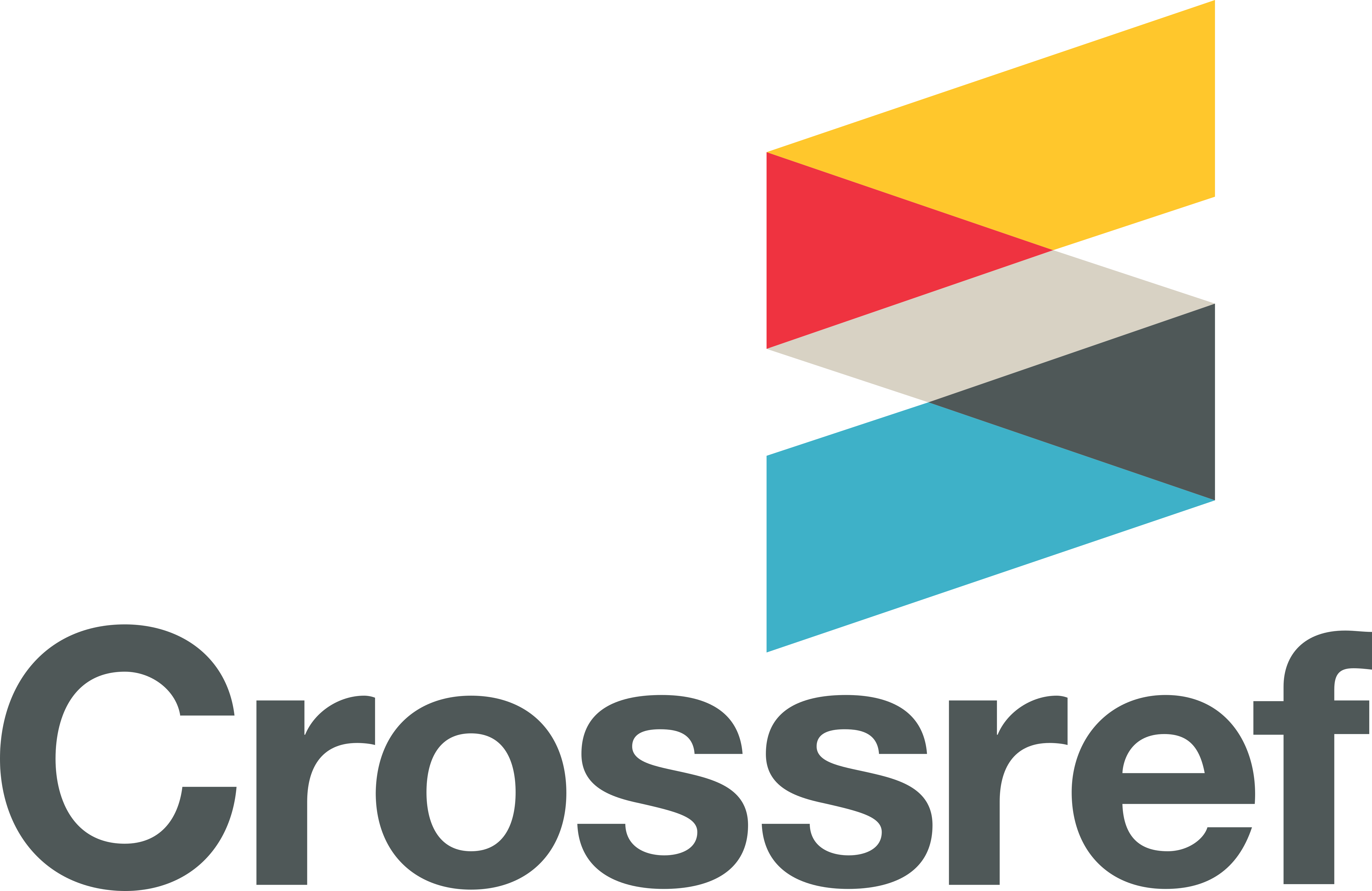CHARACTER EDUCATION IN SCHOOL BASED ON LOCAL WISDOM
DOI:
https://doi.org/10.53947/tspj.v1i2.106Keywords:
character education, local wisdom, balanceAbstract
Education is critical in shaping the character and culture of the nation. Education functions to improve human abilities, following Law No. 20 of 2003 concerning the National Education System in Article 3, which states that national education functions to develop capabilities and shape the character and civilization of a dignified nation in order to educate the nation's life, including aspects of hard skills, and soft skills. One way to hone skills is to carry out character education since school by paying attention to the local wisdom of an area. Character education in Tri Hita Karana (THK) based schools is character education that applies the character of a balanced relationship between school residents and the creator of God Almighty, the balance of relations between fellow school members, and the balance of relations between school residents and the overall school facilities and infrastructure.
Character education in THK local wisdom-based schools needs to be developed systematically to increase local excellence, national interest, justice, and international competition in world civilization. By applying the local wisdom of THK, schools can develop into a basis for developing the character and personality of human resources (HR) with high work skills, intense work and learning culture, and a culture of serving people sincerely and reasonably.
References
Donder, I. K. (2007). Kosmologi Hindu, Penciptaan, Pemeliharaan, dan Peleburan Serta Penciptaan Kembali Alam Semesta. Paramita.
Jaya, I. K. A. (2013, September 10). REKONSTRUKSI PERAN GURU PENDIDIKAN AGAMA DALAM MEMBANGUN NILAI KARAKTER SISWA MELALUI IMPLEMENTASI TRI HITA KARANA. Ikadekartajaya.Wordpress.Com. https://ikadekartajaya.wordpress.com/2013/09/10/tri-hita-karana/
Kirschenbaum, H. (2000). From Values Clarification to Character Education: A Personal Journey. The Journal of Humanistic Counseling, Education and Development, 39(1), 4–20. https://doi.org/10.1002/j.2164-490x.2000.tb00088.x DOI: https://doi.org/10.1002/j.2164-490X.2000.tb00088.x
Maclean, R., & Wilson, D. (2009). International Handbook of Education for the Changing World of Work. In International Handbook of Education for the Changing World of Work. Springer Netherlands. https://doi.org/10.1007/978-1-4020-5281-1 DOI: https://doi.org/10.1007/978-1-4020-5281-1
Ryan, K., Bohlin, K., & McDonnell, S. N. (1998). Building Character in Schools: Practical Ways to Bring Moral Instruction to Life. In Wiley (Vol. 41, Issue 02). American Library Association. https://doi.org/10.5860/CHOICE.41-1056 DOI: https://doi.org/10.5860/CHOICE.41-1056
Santri, R. (2007, December 5). Tri Hita Karana. Kompas.
Slamet, S. Y. (2008). Alternatif Pengembangan Kemampuan Berpikir Secara Nalar dan Kreatif Dalam Pembelajaran Bahasa Indonesia. http://eprints.uns.ac.id/967/1/pengukuhan_y_slamet.pdf
Williams, M., & Schnaps, E. (1999). Character Education: The foundation for teacher education. Washington, DC: CharacterEducation Partnership, 1–11.
Zajda, J. (2008). Globalization, Comparative Education and Policy Research: Equity and Access Issues. In Comparative and Global Pedagogies (pp. 3–13). Springer Netherlands. https://doi.org/10.1007/978-1-4020-8349-5_1 DOI: https://doi.org/10.1007/978-1-4020-8349-5_1
Downloads
Published
How to Cite
License
Copyright (c) 2022 The Social Perspective Journal

This work is licensed under a Creative Commons Attribution-ShareAlike 4.0 International License.










